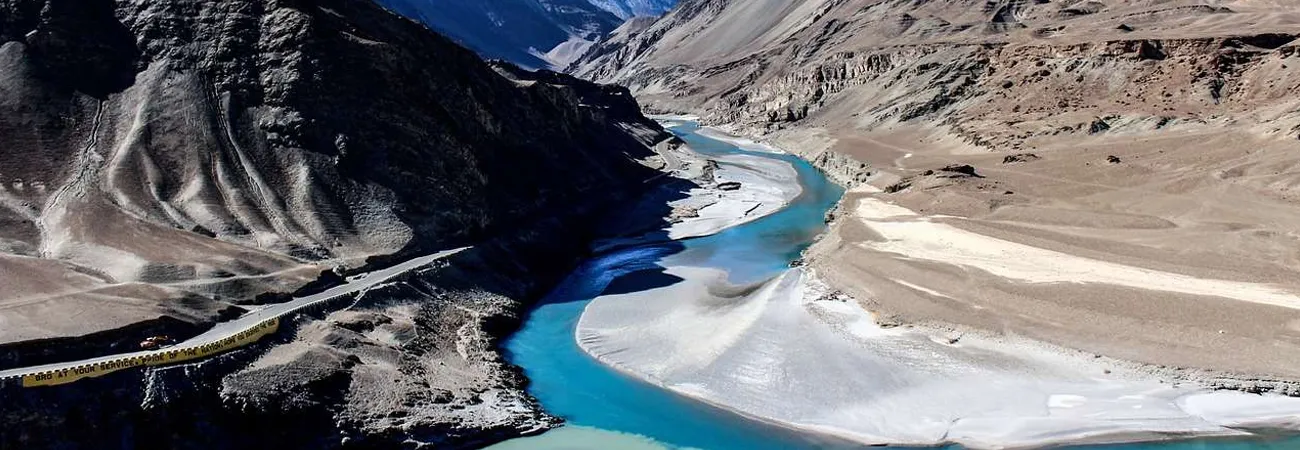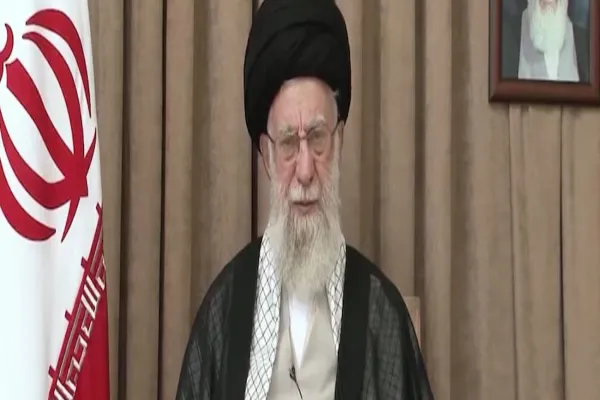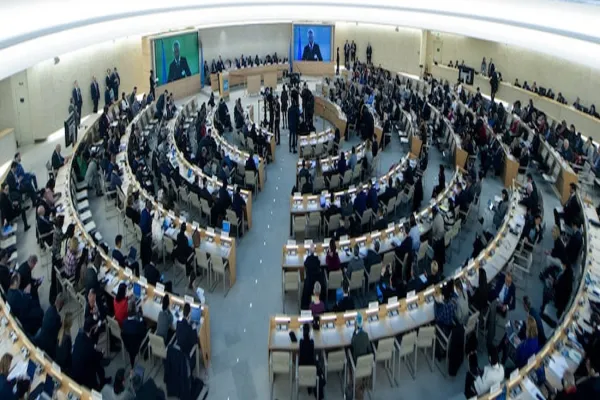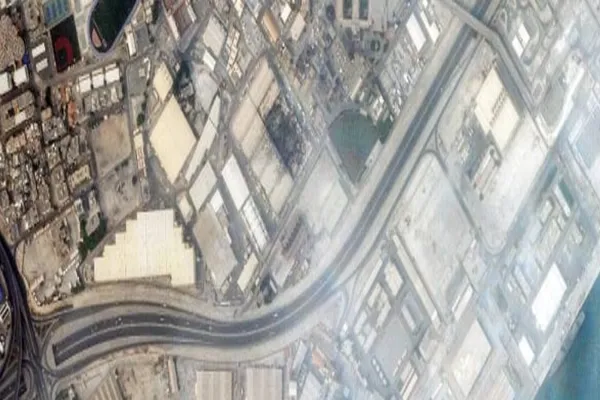i NEWS INTERNATIONAL
In blatant violation of the Indus Waters Treaty, the Indian government, led by Narendra Modi, has diverted the waters of the Chenab River, disrupting its natural flow and adversely affecting downstream regions in Pakistan. According to the Kashmir Media Service, with construction activities gaining momentum at the Ratle Hydro Electric Project in Kishtwar, the diversion was successfully carried out on January 27, 2024. The Chenab River is a vital source of water for agriculture and daily life in the Pakistani provinces of Punjab and Sindh, and the Modi’s provocative act can ignite a regional tension in South Asia. The decision to redirect the Chenab’s flow has raised alarm in Pakistan, with concerns about water scarcity and potential agricultural implications for its citizens.
The Indus Waters Treaty is a water-sharing agreement between India and Pakistan that was brokered by the World Bank and signed in 1960. The treaty allocates the waters of the Indus River system between the two countries. The Chenab River is one of the major rivers covered by this treaty. While the treaty allows India to use the waters of the Chenab River, it also imposes certain restrictions and obligations to ensure equitable sharing and prevent the construction of projects that could negatively impact the water flow to Pakistan. Any significant changes or diversions of water from the agreed-upon allocations would need to be addressed through bilateral discussions between India and Pakistan or, in extreme cases, through the mediation of the World Bank, which played a crucial role in the negotiation of the treaty. In summary, India is bound to adherence to the provisions outlined in the treaty when it comes to to use the waters of the Chenab River, while any diversions or alterations require careful consideration.
As the diverted flow of the Chenab River continued to make headlines, experts argue that the story has become a metaphorical river of dialogue. The currents of diplomacy and environmental stewardship will likely determine the future relationship between India and Pakistan and could set a precedent for managing shared water resources in the face of competing interests.
Credit: Independent News Pakistan (INP)









